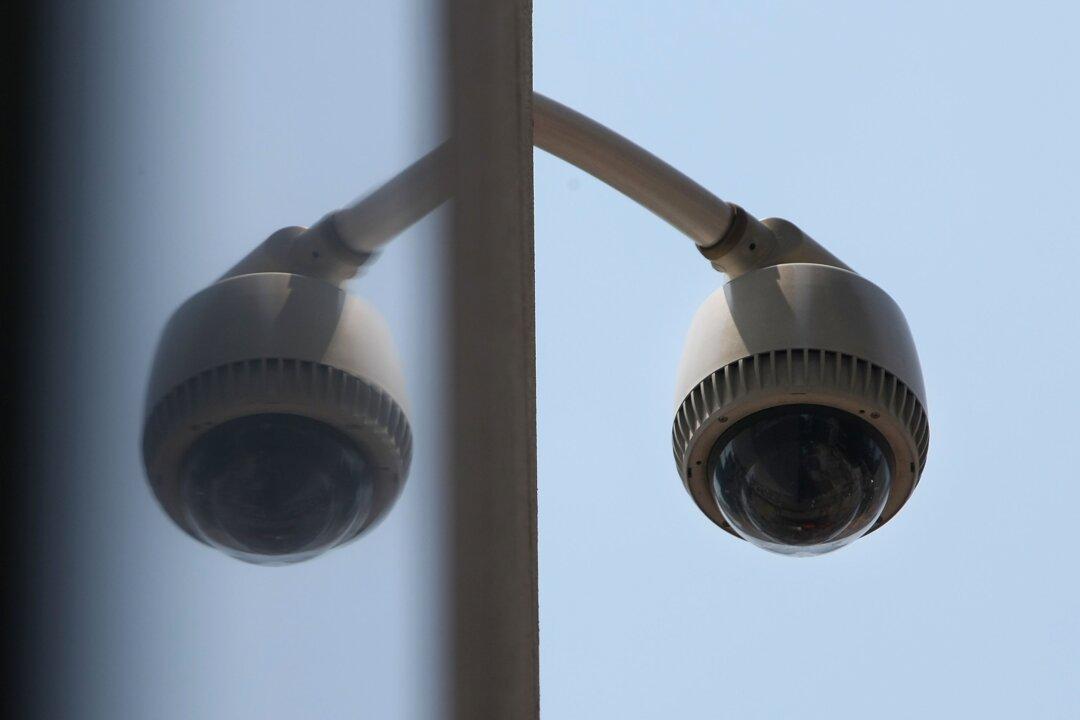A previously secret watchdog report reveals that multiple federal agencies obtained and used Americans’ smartphone location data illegally and with insufficient guardrails in place to protect privacy.
A newly released bombshell report from the Office of Inspector General (OIG) for the Department of Homeland Security (DHS) found that three federal agencies broke the law when procuring and using commercially available location data harvested from ordinary apps installed on users’ smartphones.





